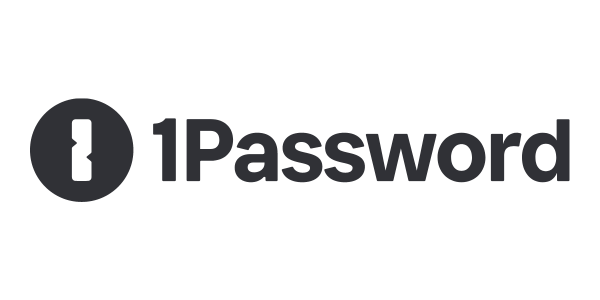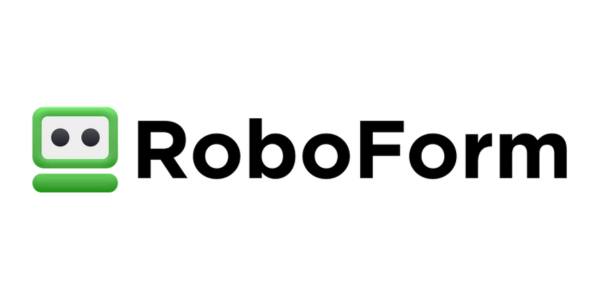 The internet has three layers: the surface web, the deep web, and the dark web. The first refers to websites regulated by search engines and is used daily by most people. The other two terms are often used interchangeably, but this is inaccurate. While the deep web is accessed all the time, such as when you log in to your email or online banking, sites on the dark web are heavily encrypted. You need a special browser, such as The Onion Router (Tor), and top-notch internet security to access these.
The internet has three layers: the surface web, the deep web, and the dark web. The first refers to websites regulated by search engines and is used daily by most people. The other two terms are often used interchangeably, but this is inaccurate. While the deep web is accessed all the time, such as when you log in to your email or online banking, sites on the dark web are heavily encrypted. You need a special browser, such as The Onion Router (Tor), and top-notch internet security to access these.
Although the dark web is typically associated with cybercrime, it isn’t only a place for illegal activities. For example, artists based in countries with heavy censorship upload their work to sites on the dark web to share it with their fans. It’s also quite telling that the American government actively supports the Tor project. Still, if your personal data ends up on the dark web, it means hackers have breached at least one of your online accounts and are trying to sell your information.
Dark Web Monitoring
Cybercriminals use the dark web to buy and sell stolen data about you or your business. This is dangerous on many levels: if hackers steal your identity, they can commit crimes in your name or significantly damage your company’s reputation.
Dark web monitoring tools search the dark web and notify you if they find your stolen data. These services regularly sweep through the thousands of dark web pages, looking for previously specified information. That is, you choose if you want them to look for email addresses, social security numbers, passport information, medical identification numbers, and, of course, financial details.

It’s possible to check the dark web for stolen data manually as well. But if you’re new to this, you should never access the dark web on your own. Other than the fact that it’s rather complicated, it’s like choosing to walk into a lion’s den, as hackers can track you easily if you don’t know what you’re doing. Moreover, governments are generally suspicious when somebody accesses the dark web. Instead, visit the website Have I Been Pwned to check if your information is on the dark web – all it requires is an email address.
Password managers also come with dark web monitoring tools. They scan the dark web for your credentials and warn you when your data is found. The best part is that some password managers make it really easy for you to update the accounts that have been breached, taking only one click to change them.
How To Keep Your Information Off the Dark Web
The best protection is prevention. Improving your password hygiene with a password manager and using one-time passwords (OTPs) to authenticate yourself is your best bet. It’s also wise to get educated about different hacking methods, such as phishing, malware, ransomware, and social engineering. Unfortunately, there are situations when data ends up on the dark web regardless of all this protection, such as when a cyberattack affects an entire company. If you discover that your sensitive information has been stolen, identity theft protection may be able to help you retrieve it.
Best Password Managers of 2024
| Rank | Provider | Info | Visit |
1
|
Editor's Choice 2024
|
|
|
2
|
 |
|
|
|
3
|
|
More FAQs
- How Does a Password Manager Work?
- How Often Should I Change My Passwords?
- Is a Password Manager Safe?
- Is a Password Manager Worth It?
- Is it Safe to Use Random Password Generators?
- Is It Secure to Save Passwords in My Browser?
- Should I Use a Password Manager?
- What Is a Password Manager?
- What Is Dark Web Monitoring?
- What to Do If Your Password Manager Is Hacked?
- Which Password Manager Should I Use?
- Which Password Managers Have Been Hacked?
Get the Best Deals on Password Managers
Subscribe to our monthly newsletter to get the best deals, free trials and discounts on password managers.
